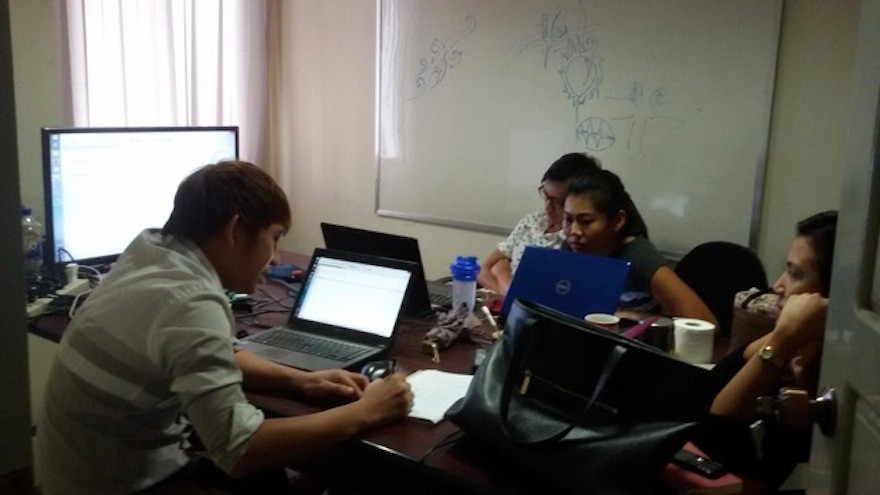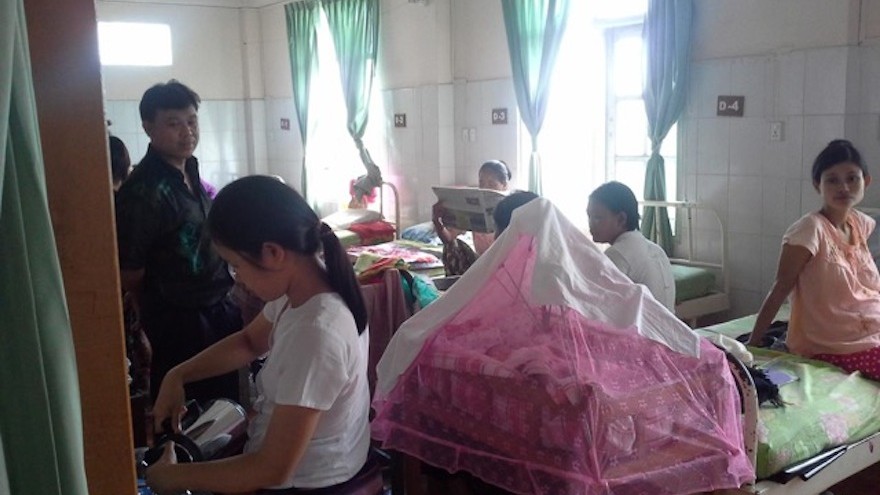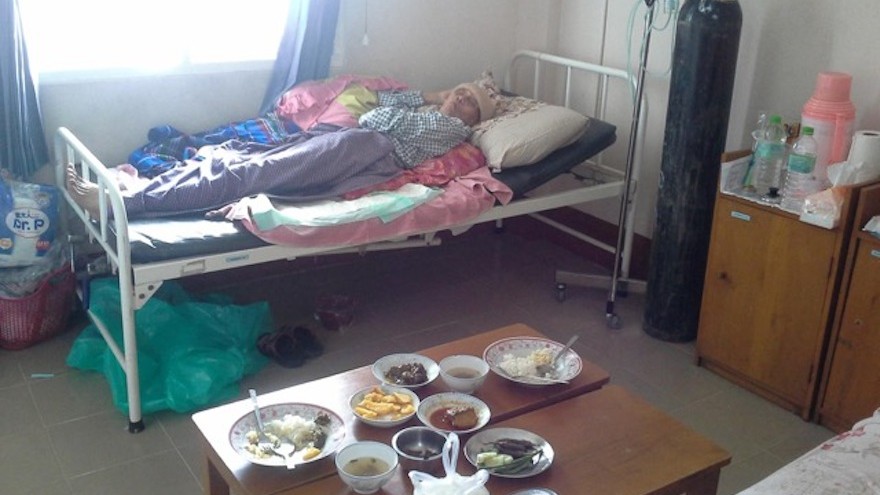From the Series
“Healthcare is broken in Myanmar,” says Koe Koe Tech founder Michael Lwin, “and we are going to fix it.”
The population of Myanmar is 55 million. According to Lwin, there are 4.4 million pregnant women, 12 million children, 32 million people suffering with infectious diseases and 18 million with diabetes, and the average life expectancy is around two decades less than the average for the United States. Healthcare, for the general population, is very poor: medical records are written by hand or not at all, needles are reused by rural doctors, and prices for basic medications are often inflated.
The Yangon-based Koe Koe Tech medical health app has been designed to address these issues. The app has 32 health categories, a doctor locator, and can be used to order health products. There are over 1500 certified doctors available through the app for telemedicine consultations or appointments and users can be sure of the quality of the service they receive and sterility of the equipment. Users can order medicines including antimalarial pills, birth control and antibiotics at the correct market price and can read health information messages related to their condition. Medicines are delivered to the patients’ doors by various affiliated NGOs.
The app will also send messages to pregnant women, updating them on vital information and advice throughout their pregnancies.
Since Myanmar opened up to the world in 2012, the nation has leapfrogged from almost non-existent phone connection to almost universal smartphone possession. As in many African nations, this means that healthcare delivered via a mobile phone can have a massive impact on those were previously out of reach of doctors.
“In a nation with four doctors per 10 000 citizens, mobile phones represent a powerful instrument to overcome gaps in state capacity by providing healthcare information, advice and feedback in rural as well as urban areas.”
In Myanmar, the app already has over 7000 users, and Koe Koe’s partner telecommunications networks are preloading the app to hundreds of thousands of low cost smartphones. Koe Koe is also building a network of hospitals in Myanmar who will give the app to their patients. In the future, Koe Koe Tech hopes to digitalise medical records, creating a nationwide heath information system that is properly anonymised and secured, and can be used to improve health policy and save lives.











